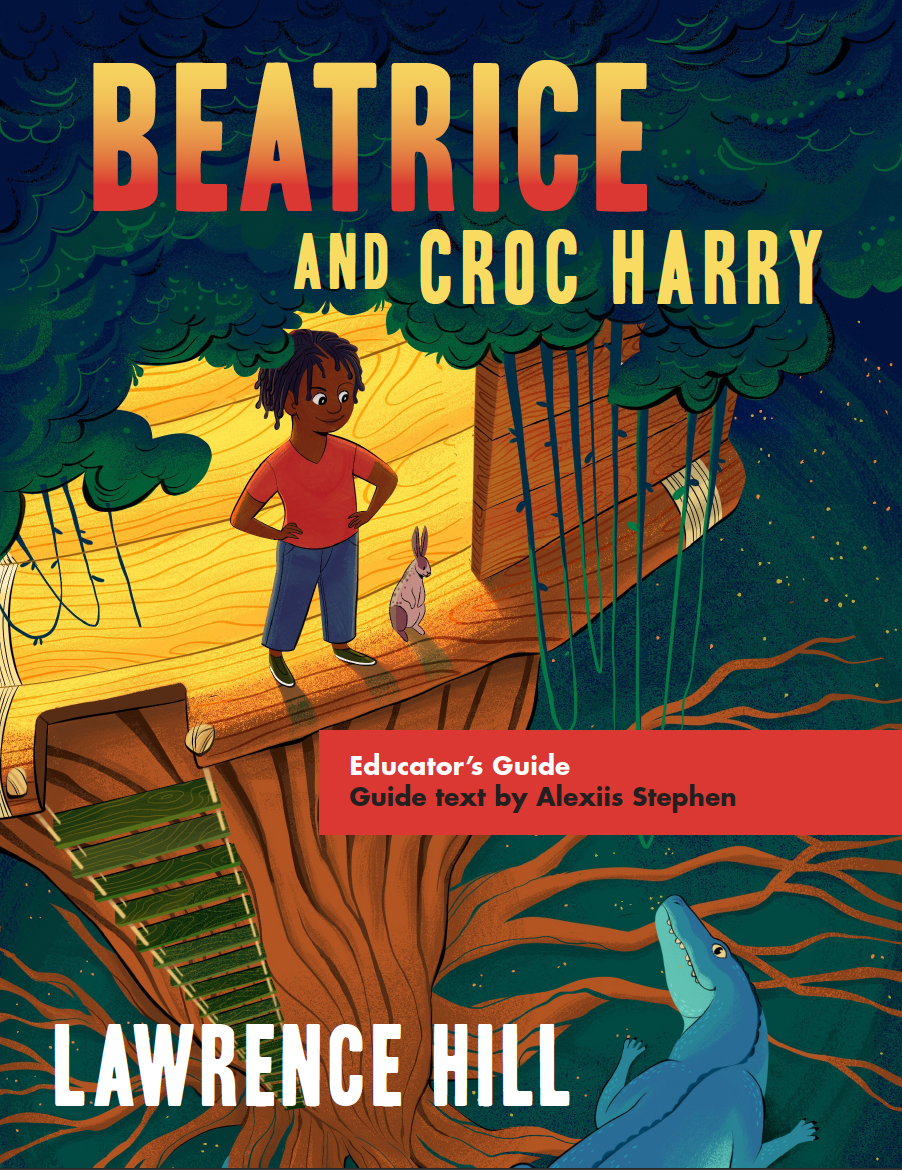For Book Clubs
For Educators
Discussion
Guide
Lawrence Hill and Caroline Hill have created a discussion guide for avid readers of Beatrice and Croc Harry.
Amnesty International
Amnesty International Book Club has created a discussion guide for The Illegal.
Black History in Canada Education Guide
Historica Canada, in partnership with TD Bank, has created a Black History in Canada Education Guide.
Aussi disponible en français.
Freedom Bound
From the February/March 2007 edition of The Beaver: Canada’s History Magazine, Lawrence Hill’s feature article called “Freedom Bound” about the historical document the "Book of Negroes."
Beatrice and Croc Harry
Educator’s
Guide
Educator’s Guide developed by Alexiis Stephen, with the support of HarperCollins.




